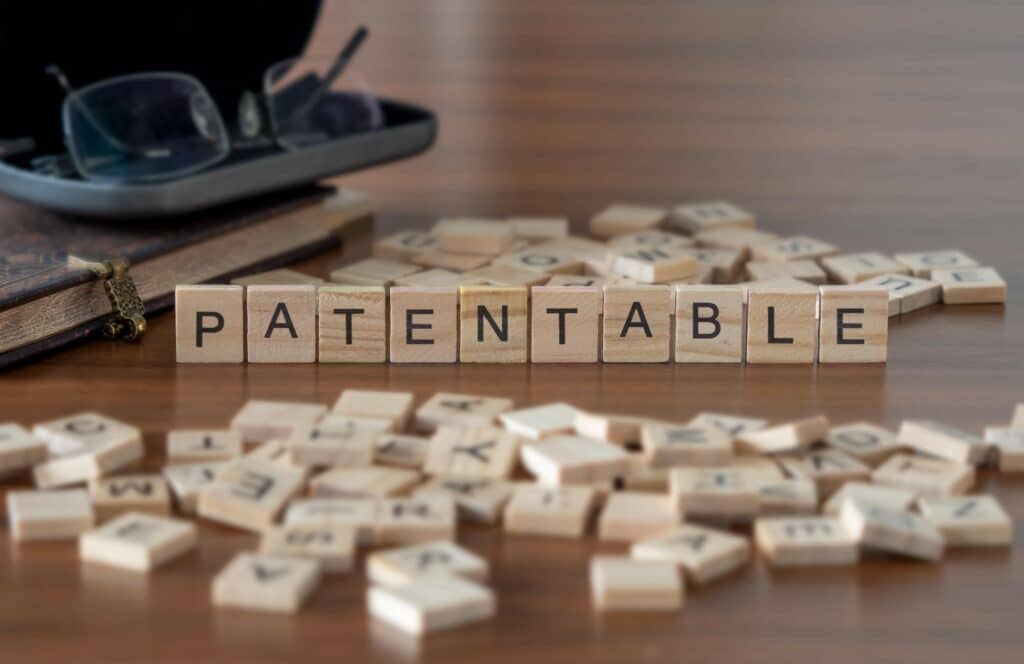Stay up to date with the latest Gevers news by signing up for our newsletter.
We often meet inventors who believe that their invention is not patentable because it is an improvement of a patented invention.
However an improvement of a patented invention is patentable provided that in view of the state of the art, it is novel, involves an inventive step (i.e. is not obvious) and is susceptible of industrial application. The state of the art is defined as everything made available to the public before the date of filing of the patent application.
What does that mean? Is my improvement patentable?
While the requirements of novelty and industrial applicability are easily understood, determining whether an invention involves an inventive step is not always easy. Generally, a good indication that your invention may involve an inventive step is if it has a surprising technical effect or solves a technical problem in a non-obvious way.
Let’s take an example in which you are the inventor of a new four-legged chair. In this scenario, four-legged chairs were previously unknown and the prior art only consists of three-legged chairs. The improved stability of the four-legged chairs could be considered as surprising which could indicate that you are in possession of a patentable invention!
Every year the EPO grants more than 100.000 patents! Most of these patents are not disruptive and groundbreaking, but concern incremental inventions.
Be aware that you need to keep in mind that obtaining a patent does not give you the right to fabricate, use, sell, offer for sale or import your patented improvement in a given country because you maybe infringe patents possessed by third parties.
However, a patent on an improvement gives you the right to stop third parties from fabricating, using, selling, offering for sale or importing your improvement in a given country.
Therefore, even if you have the misfortune of infringing the patent of a third party, you are in a much better position if you possess a patent since you can use it as a negotiation weapon!
Roland Duchêne
